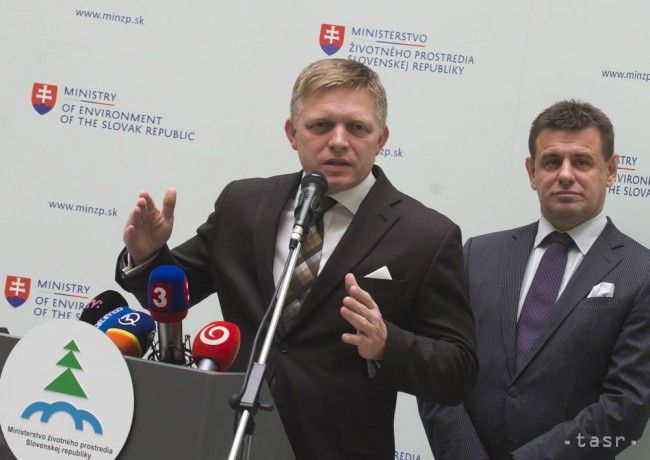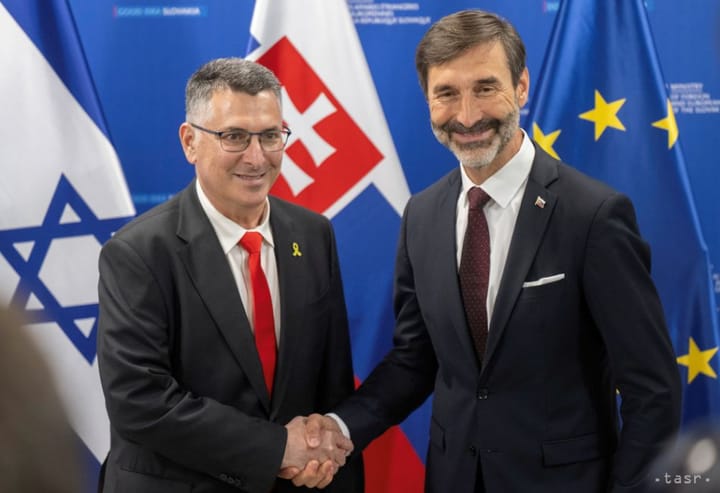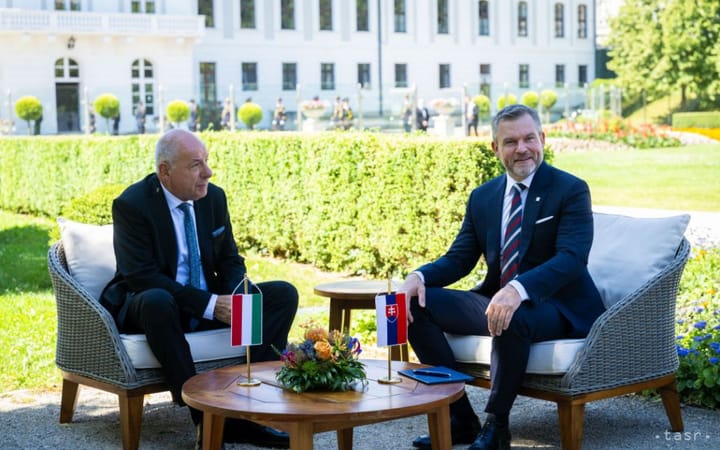Fico: Ratification of Paris Agreement Is Diplomatic Success for Slovakia

Bratislava, October 10 (TASR) – The ratification of the Paris Agreement at the EU level last week is a huge diplomatic success for Slovakia during its Presidency of the Council of the EU, said Prime Minister Robert Fico (Smer-SD) at a press conference at the Environment Ministry on Monday.
Slovak Environment Minister Laszlo Solymos (Most-Hid) on behalf of Slovakia and the EU handed over the ratification documents concerning the Paris Climate Agreement to the UN depository in New York on Friday (October 7).
“Slovakia has been successful to a significant degree during its presidency. We’re meeting the goals we’ve set,” noted Fico. “We’ve managed to organise even this matter that many considered to be impossible. I’d like to thank the environment minister for his initiative. In this way we’ve contributed together towards Slovakia’s diplomatic success,” he stressed.
Fico expressed appreciation for the fact that there wasn’t any need to employ qualified majority voting at an extraordinary session of EU environment ministers because they reached consensus. Solymos reported that this wasn’t easy to achieve.
“The EU has confirmed its leading position in the fight against climate change via its ratification of the agreement,” stressed Solymos.
The Paris Agreement can enter into force, as more than 55 signatories of the UN Framework Convention on Climate Change that produce 55 percent of the total volume of greenhouse gases have already ratified it.
“It’s an issue that may be rather far from ordinary life, but at the end of the day we can feel what climate change is causing in Slovakia,” noted Fico, adding that this agreement will replace the Kyoto Protocol. Fico said that every country should be allowed to preserve the right to determine its own energy mix, i.e. the combination of sources from which it produces electricity.
Fico isn’t worried that Slovakia could have troubles meeting the commitments arising from the agreement. “A vast amount of electricity is produced from the core [nuclear energy] here [in Slovakia],” he explained.
The Environment Ministry has set up an Environmental Policy Institute, which should develop a domestic low-carbon strategy until 2050. This should help to determine where Slovakia could fulfil its commitments most effectively,” added Solymos.
The main goals of the agreement include keeping the increase in the average global temperature well below 2 degrees Celsius above pre-industrial levels. This should significantly reduce the risks and impacts of climate change.



